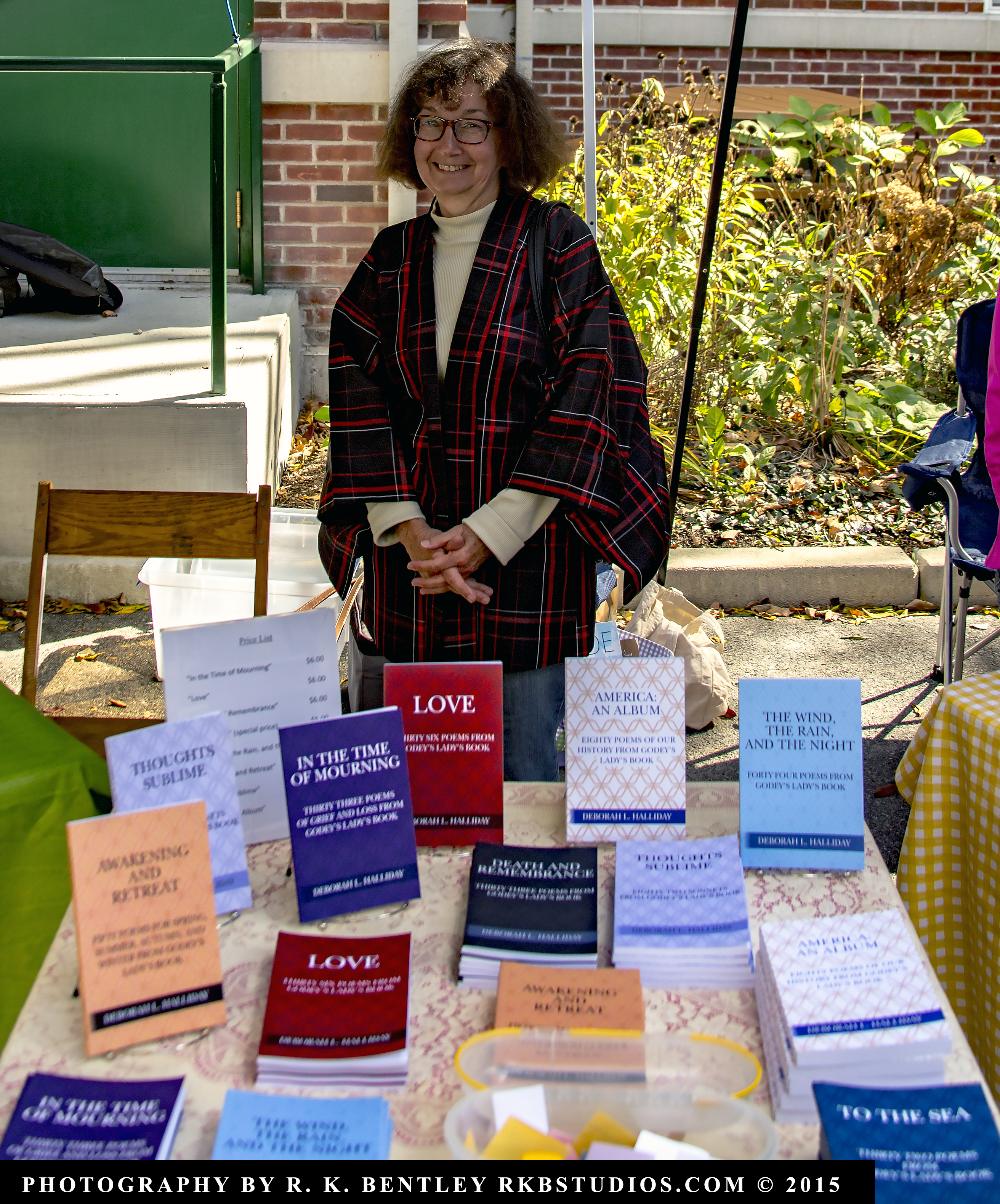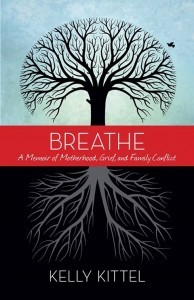Rhode Island Author Expo Spotlight – Deborah Halliday
This post was originally posted on Martha Reynold’s blog and has been reposted here with author permission, minor revisions have been made.
Oh, to be a writer!
I belong to an authors’ group, and I love it. There I am, surrounded by creative people talking about their latest book or short story, and it is fun. Many of my fellow authors mistake me for a writer, which makes sense since it is an authors’ group, but a writer I am not, at least not of the fiction or poetry variety. When it comes to creativity in writing I remain awestruck and stumped as to where my fellow authors get all of those great ideas. No, I am an appreciative audience member. I admire the perfect turn of phrase, the well-chosen word (if it is almost obsolete I love it even more) and the plot twists I can’t see coming. I have also discovered, in my later years, that I enjoy poetry. Maybe it’s only now that I’ve allowed myself to slow down enough to read it, and allowed myself to read it out loud without fear of seeming foolish.
Because I admire creativity so much, and because I’m a bit of a pack-rat in general, I felt a need to preserve literature from the past that could otherwise be lost and forgotten. I became an anthologist, a poetry rescuer. I get a real thrill from turning a century-and-a-half old page in a deteriorating book, seeing a poem that makes me go “oooh,” and thinking I might be the first person in over a hundred years to have read it. I call it being a literary archeologist. I dig up lost things, things that tell us about a culture of not so long ago. Who were these authors? How were they like us? How were they different? Can they express emotions in a way that resonates with us? As a pack-rat who loves to bring order from chaos and find beauty in the overlooked, what more could I ask for than to discover and preserve old poetry.
When I go to book events where I’m selling my anthologies, I have a small plastic box with snippets of poetry in it. I call it “pick-a-poem,” and I invite passers-by to choose one – like choosing a fortune cookie. Often people will shake their heads and say “Oh, I don’t really like poetry.” But then they take one, and as they walk away reading, more often than not a smile will slowly spread across their face, and they will turn to me and say “thank you. You have no idea how much that fits.” And they’ll pocket their snippet for safekeeping. So while I don’t write poetry myself, I do feel that I’m helping to give a gift not only to authors long dead, but to people today; especially to those who maybe thought they didn’t like poetry.
Deborah L. Halliday curates and anthologizes poetry from Godey’s Lady’s Books, one of the most popular magazines of the nineteenth century. Her books can be found at on-line retailers with a search for “Godey’s poetry.” Discover her on Facebook here.





You must be logged in to post a comment.